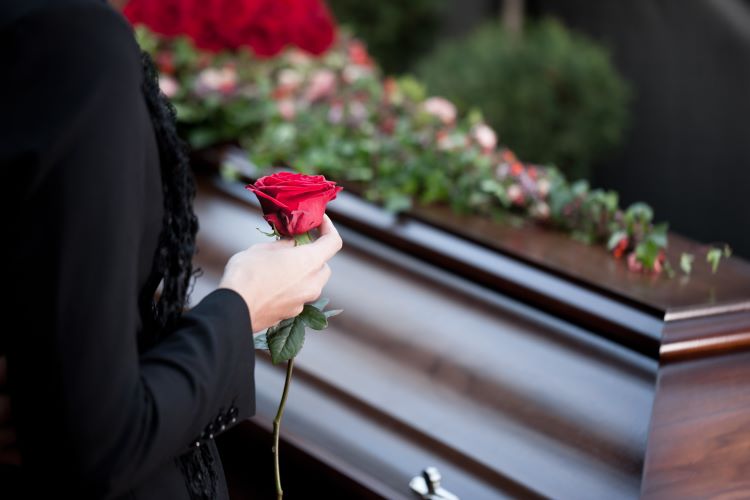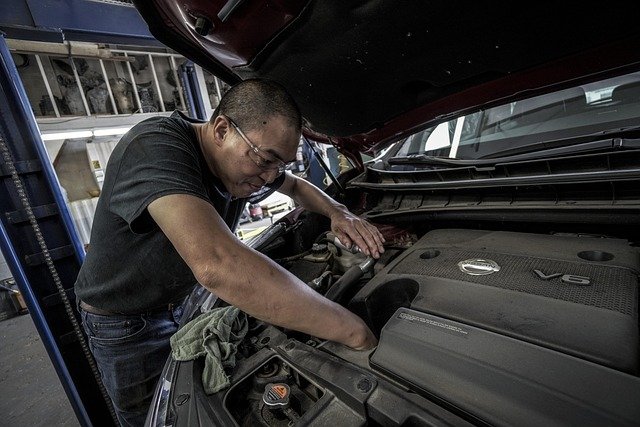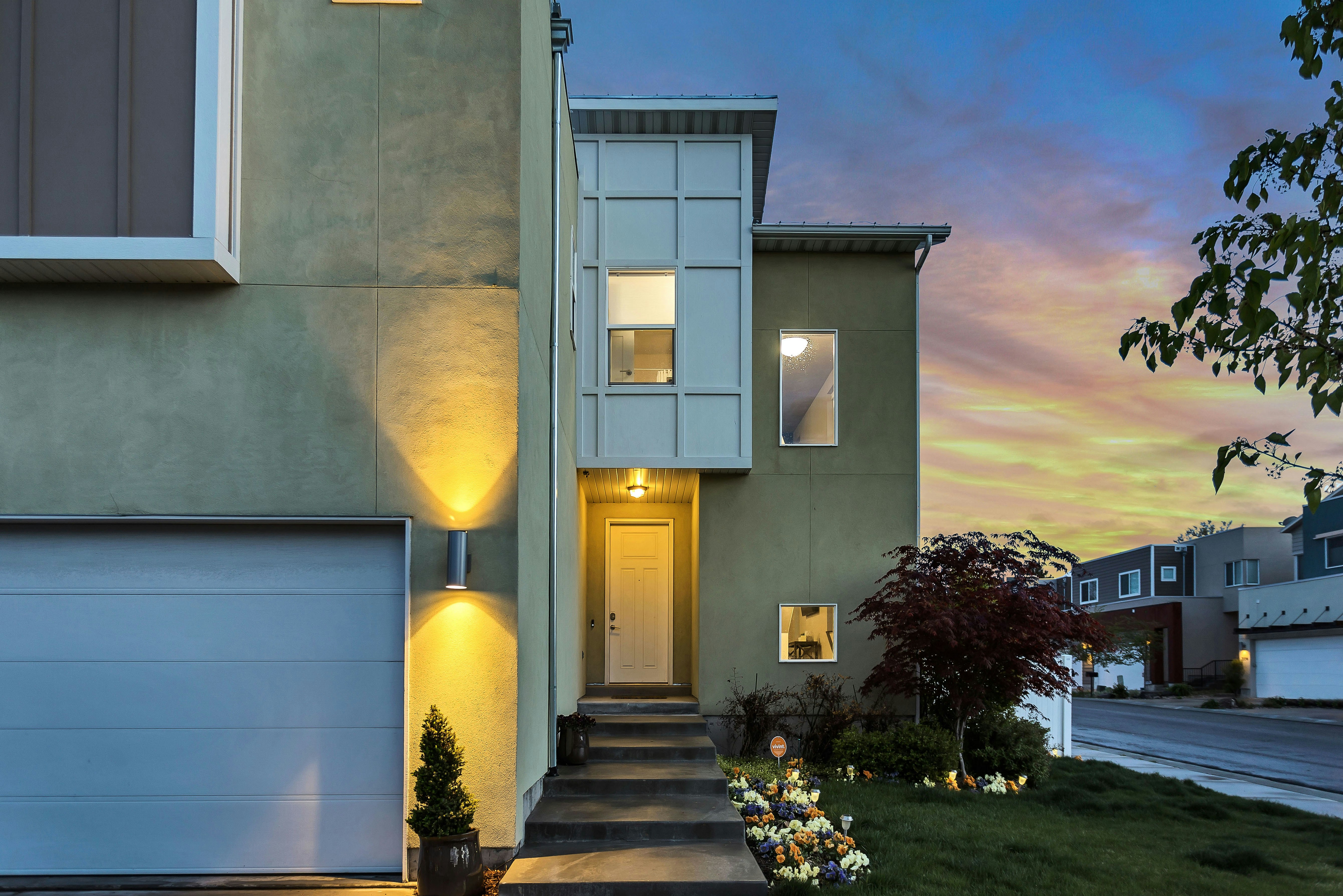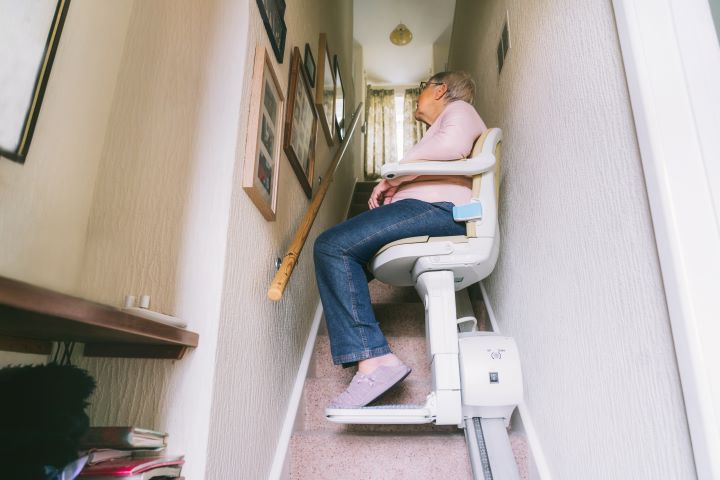Are you considering funeral arrangements after a loss?
Arranging a funeral often begins with questions about required steps, available options, and associated considerations. Families may seek clarity on service types, cultural or religious accommodations, procedural timelines, and how costs are structured. Funeral services provide factual information to help understand what is involved, support decision-making, and align arrangements with personal or family wishes.

Losing a loved one brings profound grief alongside immediate practical responsibilities. Understanding funeral arrangements helps families honor their loved one while managing necessary decisions with clarity and confidence.
What are the first steps to take after a death occurs?
The immediate period following a death requires prompt action to ensure legal compliance and begin the arrangement process. Contact emergency services or a doctor to officially pronounce the death, then notify the deceased’s doctor and obtain a death certificate. Reach out to a funeral director who can guide you through initial procedures, including body preparation and temporary preservation. Gather important documents such as the will, insurance policies, and identification. Inform close family members and friends, and consider appointing a family spokesperson to coordinate communications and decisions.
How are funeral service costs typically structured?
Funeral costs encompass multiple components that vary significantly based on chosen services and providers. Basic services include professional fees, body preparation, transportation, and administrative tasks. Additional expenses cover caskets or urns, burial plots or cremation fees, flowers, obituaries, and reception costs. Many funeral homes offer package deals combining essential services, while others price items individually. Understanding these cost structures helps families budget appropriately and make informed choices about which services align with their needs and financial capacity.
| Service Type | Provider Example | Cost Estimation (ZAR) |
|---|---|---|
| Basic Funeral Package | Doves Group | 8,000 - 15,000 |
| Premium Service | Martin’s Funerals | 20,000 - 35,000 |
| Cremation Service | Bushkoppies Crematorium | 5,000 - 12,000 |
| Burial Plot | Various Municipal Cemeteries | 2,000 - 8,000 |
| Casket (Basic) | Local Suppliers | 3,000 - 8,000 |
| Casket (Premium) | Specialized Manufacturers | 15,000 - 50,000 |
Prices, rates, or cost estimates mentioned in this article are based on the latest available information but may change over time. Independent research is advised before making financial decisions.
Can arrangements accommodate specific cultural or religious practices?
Funeral arrangements can and should reflect the cultural, religious, and personal beliefs of the deceased and their family. South African funeral directors commonly accommodate diverse traditions, from Christian and Jewish customs to African traditional practices, Islamic requirements, and Hindu ceremonies. Many providers offer specialized services including ritual preparations, specific timing requirements, dietary considerations for receptions, and appropriate venue arrangements. Discuss cultural needs early in the planning process to ensure all traditions are properly honored and integrated into the service.
What is the usual timeline for burial or cremation?
The timeline for funeral services depends on several factors including legal requirements, family preferences, and logistical considerations. In South Africa, burials typically occur within 3-7 days after death, allowing time for death certificate processing, family gathering, and venue preparation. Cremations may happen sooner, often within 2-5 days, though some families prefer longer preparation periods. Religious and cultural practices influence timing significantly - Jewish traditions require burial within 24 hours when possible, while some African cultures observe longer mourning periods. Weekend and holiday schedules may extend timelines, and autopsy requirements can add additional days.
What choices are available for memorialization or final disposition?
Memorialization options extend far beyond traditional burial and cremation, offering families meaningful ways to honor their loved one’s memory. Burial choices include cemetery plots, family mausoleums, or natural burial grounds. Cremation provides flexibility with options for scattering ashes in meaningful locations, keeping urns at home, or placing them in columbarium niches. Memorial services can occur separately from burial or cremation, allowing for personalized celebrations of life. Digital memorials, memorial gardens, charitable donations, and custom keepsakes offer additional remembrance opportunities that reflect the deceased’s personality and values.
Navigating funeral arrangements requires balancing emotional needs with practical decisions. Taking time to understand available options, costs, and cultural considerations helps families create meaningful tributes while managing this challenging process with greater confidence and peace of mind.




